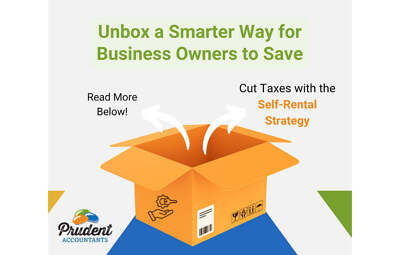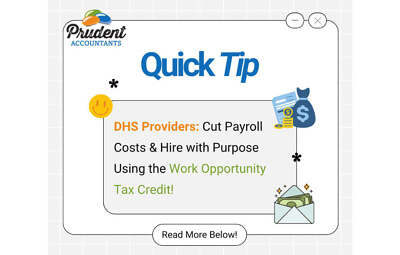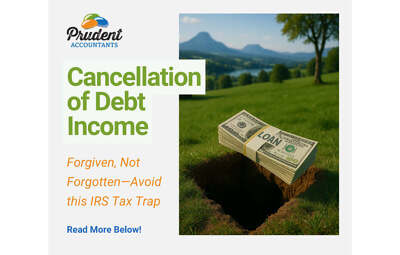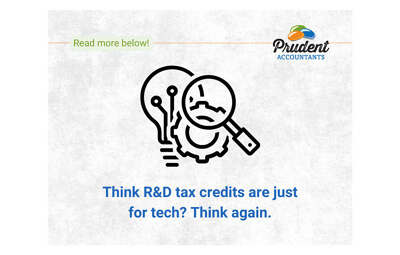Health Care Facilities – Industry Guide – Minnesota Department of Revenue
This fact sheet outlines the sales and use tax exemptions for the following health care facilities:
-
- Hospitals
- Outpatient surgical centers
- Clinics
- Critical access dental providers
- Nursing homes
- Boarding care homes
- Blood centers
Health Care Facilities
If your hospital or outpatient surgical center is approved as an Internal Revenue Code 501(c)(3) charitable organization, you are allowed an exemption from sales tax on certain purchases.
Note: This exemption does not apply to purchases made by clinics, physicians’ offices, or any other medical facility
not operating as a hospital.
If you are a critical access dental provider approved as a charitable organization and no more than 15% of your patients are covered by private dental insurance, you are allowed an exemption from sales tax on certain purchases. (See
Minnesota Statutes 256B.76, subdivision 4.)
Note: Purchases to provide services you are authorized or required to provide by law, including administrative functions, are nontaxable.
All other purchases made to provide non-qualifying services are taxable. The following do not qualify for the exemption:
- Purchases to operate a gift shop, fitness center, restaurant, café, or cafeteria
- Equipment leasing or facility leasing not used principally by the hospital, outpatient surgical center, or critical access dental provider to provide qualifying services
Hospital-Owned Clinic
A hospital-owned clinic that is approved as a charitable organization and licensed as a hospital is considered a hospital
for purposes of this exemption if the hospital that owns the clinic also qualifies for this exemption. (See IRS Code Chapter 144.)
Rural Health Clinics
Rural health clinics may qualify for the exemption if approved by Centers of Medicare and Medicaid Services as provider-based. (See Code of Federal Regulations 42, section 405.2401(b).)
Ambulance Services
If the ambulance services are billed under the hospital’s Medicare provider number and are a part of and operated by
the same legal entity as the qualifying hospital, the ambulance services are included in this exemption.
If the ambulance service is separate from the hospital, see the Emergency Services Guide.
Government Facilities
Purchases by hospitals and nursing homes owned and operated by local government entities or the University of Minnesota are exempt.
Facilities owned by the State of Minnesota do not qualify for this exemption.
Nursing Homes and Board Care Facilities
Purchases made by a qualifying nursing home or boarding care facility are exempt if all the following are met:
- The nursing home is licensed by the state or the boarding care home is certified as a nursing facility under federal law.
- The organization is a tax-exempt 501(c)(3) organization.
- The facility is one of the following:
- certified to participate in the medical assistance program
- certified to the commissioner of revenue that it does not discharge residents due to the inability to pay
- certified that the facility is exempt from property tax
Note: This exemption does not apply to leased vehicles except for certain vehicles designed to carry at least 10 people
and used to transport residents and property of the facility
Blood Centers
Purchases made by a qualifying blood center are exempt if all of the following are met:
- The organization is a tax-exempt 501(c)(3) organization that under federal regulations is:
- Registered as a blood establishment
an establishment that collects human cells, tissues, and cellular and tissue-based products - A clinical lab that performs infectious disease testing, blood typing, and other laboratory testing services in connection with
- Blood processing for transfusion into humans
When a blood center leases a truck, bus, or passenger vehicle for blood center purposes, the lease is exempt from tax.
The exemption is retroactive to qualifying blood center purchases made after December 31, 2019 and before January
1, 2028.
Other Nonprofit Organizations
Nonprofit organizations operated exclusively for charitable purposes are also allowed an exemption on purchases
when granted exempt status by the Minnesota Department of Revenue. For more information, see the Nonprofit Organization Guide.
How to Claim Exemption
Provide the seller with a completed Form ST3, Certificate of Exemption, to claim the exemption from sales tax.
What Purchases are Taxable?
You must pay sales or use tax on:
- Purchases of prepared food, soft drinks, candy, dietary supplements, and vending machine food
- Lodging
- Purchases or leases of motor vehicles
- Building or construction materials used in constructing buildings that not used principally by the hospital, outpatient surgical center or other nonprofit organization
- Building, construction, or reconstruction materials purchased by a contractor as part of a lump-sum contractor similar contract with a guaranteed maximum price for labor and materials
- Cannabis products
For-Profit Health Care Facilities and Health Care Professionals
If you do not qualify for the exemptions explained in the previous sections, you must pay sales or use tax on the purchase, lease, or rental of taxable items. Examples include:
- Administrative supplies and equipment (computers, software, furniture for rooms and offices, safety equipment, toys, and books)
- All medical equipment, including durable medical equipment, repair and replacement parts, and disposable medical equipment
- Laboratory supplies and equipment
- Medical manuals, books, charts, and pamphlets
- Taxable services (building and grounds cleaning and maintenance, laundry, and telecommunications services)
Medical Supplies
Purchases of medical supplies by any licensed health care facility or licensed health care professional (for-profit or
nonprofit) are exempt from tax if they are used directly on patients or residents as part of treatment. This exemption
applies to:
- Adhesive and non-adhesive bandages
- Antiseptics
- Cotton applicators
- Eye solutions
- Gauze pads and strips
- Other similar supplies used directly on residents or patients
This exemption does not apply to:
- Electrodes
- Lancets
- Rolls of paper to cover exam tables
- Tongue depressors
Note: Even though these items have direct contact with the patient, they are not part of treatment – they are used for
diagnostic or sanitary purposes.
Medical supplies do not include durable medical equipment, repair or replacement parts for durable medical equipment, or disposable medical equipment.
Disposable or single use medical equipment and surgical instruments do not qualify for the medical supplies exemption. Other items that are not included in the exemption are laboratory supplies, radiological supplies, and other items
used in providing medical services.
For more information, see the Durable Medical Equipment Fact Sheet.
Needles and Syringes
Reusable and disposable needles and syringes are not durable medical equipment. These items qualify for the medical
supplies exemption when they are used to treat a patient.
Examples:
- A needle used to give a flu shot qualifies for the medical supplies exemption because it is used to treat the patient.
- A needle or syringe used to draw blood for testing does not qualify for the exemption because it is used in
diagnosis and does not treat the patient.
For more detailed and specific information on Health Care Facilities, you can visit at Health Care Facilities – Industry Guide – Minnesota Department of Revenue








